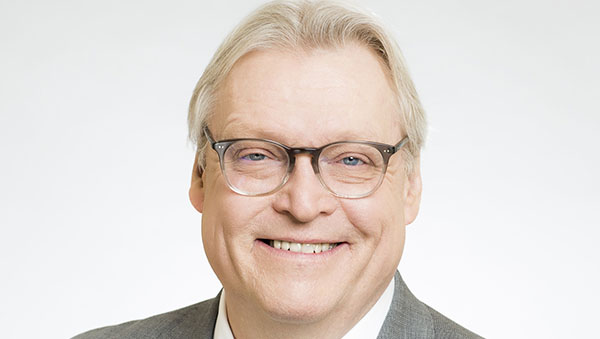By Yvonne Sam
Social and Political Commentator
 If Quebecers are currently frustrated at the interminable waiting times to see a doctor, the cost of prescription medication, then just wait until there may be no doctor to see.
If Quebecers are currently frustrated at the interminable waiting times to see a doctor, the cost of prescription medication, then just wait until there may be no doctor to see.
Last year, Monsieur Gaetan Barette, the then-Quebec Minister of Health, clearly stated that Quebec had 2,000 too many doctors, and in order to keep doctors from ending up unemployed in the future, announced a reduction in the number of entrants to medical school. www.iedm.org/78122-its-time-end-med-school-quotas
In Quebec it is the government that decides how many medical students universities can admit for the next three years. And although it has been oftentimes said that Quebec has a lot of physicians, yet one in five Quebecers are still without a family doctor, and, proportionally, Quebec has fewer doctors than most industrialized countries. www.newswire.ca/news-releases/yes-quebec-does-lack-doctors-676930323.html
Data from international comparisons show that in Quebec, it is extremely difficult to see a physician when one needs to. In a survey, comparing the responses in 11 countries, including Canada, Quebec came in last, in terms of same day or following day access to a nurse or doctor; last in access to a specialist within four weeks; last in terms of wait times for elective surgery; and not alarmingly, dead last for emergency wait times.
(Quebec Health and Welfare Commissioner, Perceptions et expériences de la population: le Québec comparé, Résultats de l’enquête internationale du Commonwealth Fund de 2016, February 16, 2017, pp. 16, 20, 21, and 43.)
By the same token, a poll, conducted in 2017, showed that Quebecers believe that access to a family doctor and emergency wait times should be the top priority of politicians. leger360.com/admin/upload/publi_pdf/PO 20170520.pd
It is blatantly apparent that some fuzzy mathematics is present in what Quebecers actually see, and what really should be. Certainly, one would agree that the government control over access to medical training is not the ideal way to meet the health care needs of Quebecers.
Superimposed on this debacle, of sort, are the profound and fundamental changes that the practice of medicine is undergoing. Years ago the practice of medicine was an agreement between patients, who needed diagnoses, treatment and/or prevention and doctors who belonged to a privileged class of professionals, working under the stringent and almost religious mores of the Hippocratic oath.
Despite the unavoidable sprinkling of charlatans and exploiters, the typical physician placed the interests of the patients ahead of his own; and everyone who needed care received it. Currently in 2018, the term medicine has morphed into a provincial system of financial confusion, in which the ruling denizens are large corporate entities, controlling scores of hospitals, health insurance for millions of subscribers, or pharmaceutical benefits, or psychiatric benefits or lots of other niche benefits.
In the interim, rising concern for the bottom line has replaced the interests of patients, formerly the main driver of medical care. And doctors, who used to be the crux of medical care, now find themselves no more than willing cogs in the machinery.
In order to infuse a health-saving dose of oxygen into the Quebec health care system and, by extension, its residents, then loosening of control over medical school admission must be instituted. An increase in the number of doctors would be beneficial in several ways, as the public system would have a larger workforce from which to fill vacant positions.
The elimination of artificial and arbitrary medical school enrolment quotas and permitting individuals with the ability to study medicine to do so, would inject a largely-unheeded, but nevertheless, much-needed supply of oxygen into Quebec’s health care system.
It could then evolve in response to the needs of patients, instead of according to the dictates of bureaucrats and politicians. A nation’s wealth is gauged by its citizens’ health.
Yvonne Sam, a retired Head Nurse and Secondary School Teacher, is Vice-president of the Guyana Cultural Association of Montreal. A regular columnist for over two decades with the Montreal Community Contact, her insightful and incursive articles on topics ranging from politics, human rights and immigration, to education and parenting have also appeared in the Huffington Post, Montreal Gazette, XPressbogg and Guyanese OnLine. She is also the recipient of the Governor General of Canada Caring Canadian Citizen Award.
 Pride News Canada's Leader In African Canadian & Caribbean News, Views & Lifestyle
Pride News Canada's Leader In African Canadian & Caribbean News, Views & Lifestyle





